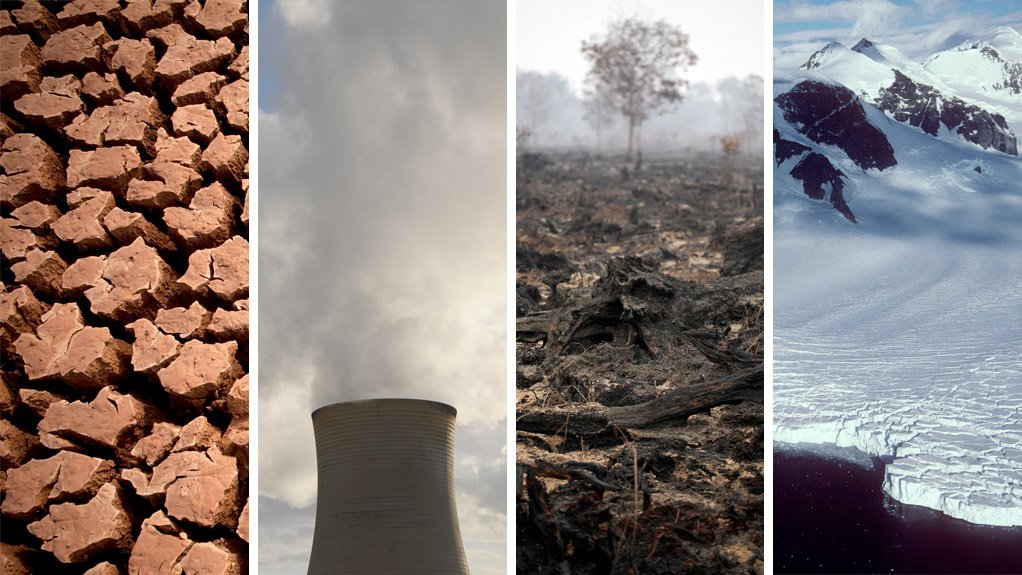The world is losing the race to meet its climate change goals, the president of the upcoming COP28 summit said on Tuesday, as African leaders called for changes to what they say is an unfair international climate finance system.
The grim assessment by Sultan Al Jaber, who will preside over the summit in the United Arab Emirates (UAE) in late November, came three days before the United Nations publishes its first “global stocktake”, an assessment of how nations are doing in their efforts to tackle climate change.
"We are not delivering the results that we need in the time that we need them," Jaber, who also heads the Abu Dhabi National Oil Company, told delegates at the inaugural Africa Climate Summit in Kenya's capital, Nairobi.
The summit, which opened on Monday, is focused on mobilising financing for Africa's response to climate change.
While Africa is suffering from some of the most severe impacts of climate change, the continent only receives about 12% of the financing it needs to cope, according to researchers.
Hundreds of millions of dollars of investments in sustainable development projects were announced on Monday, and on Tuesday Jaber announced the UAE was pledging $4.5-billion dollars to develop 15 GW of clean power in Africa by 2030.
Africa currently has about 60 GW of installed renewables capacity.
African officials say the investments are welcome but that meeting the continent's financing needs will require a transformation of the global climate financing architecture, particularly given governments' high debt loads.
Specifically, African states plan to push at the COP28 for the expansion of special drawing rights at the International Monetary Fund that could unlock $500-billion worth of climate finance, which could be leveraged up to five times.
Kenyan President William Ruto said that special drawing rights should be made available to the countries that need them most, which he said has not previously been the case.
Complaining that African countries pay five times as much in interest as other borrowers, he called on multilateral finance institutions to increase concessional lending and for a "conversation" about a carbon tax to finance development.
"A fair international financial architecture is not an unfair proposition to make," Ruto said.
The president of the African Development Bank, Akinwumi Adesina, called for the continent's natural wealth, notably its forests which sequester carbon, to be accounted for when calculating its economic output.
"If this is done, the debt to adjusted GDP ratio of several African countries will lower and they will have greater headroom to borrow more financing to support their development," Adesina said.
EMAIL THIS ARTICLE SAVE THIS ARTICLE
To subscribe email subscriptions@creamermedia.co.za or click here
To advertise email advertising@creamermedia.co.za or click here











